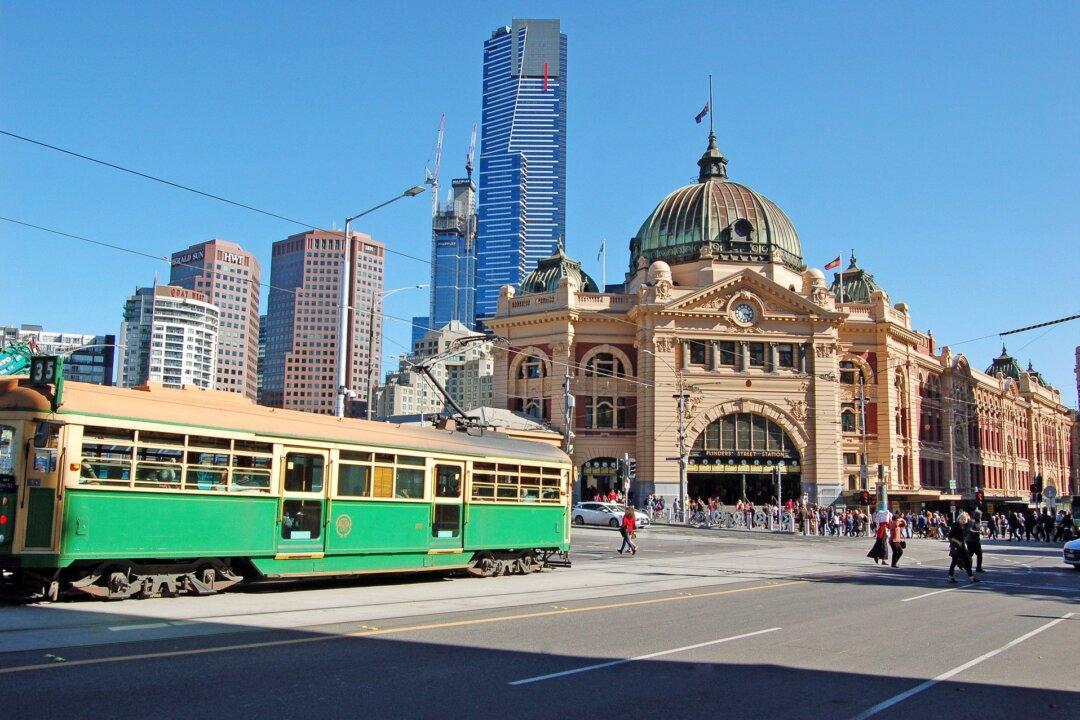The Victorian state government is planning to hit homeowners, homebuyers, and investors with additional taxes to tackle its debt in the 2021-22 state budget.
The Andrews Labor government said the budget would protect the state’s revenue base with $2.7 billion in austerity measures and a $3.6 billion program to reprioritise government spending.





